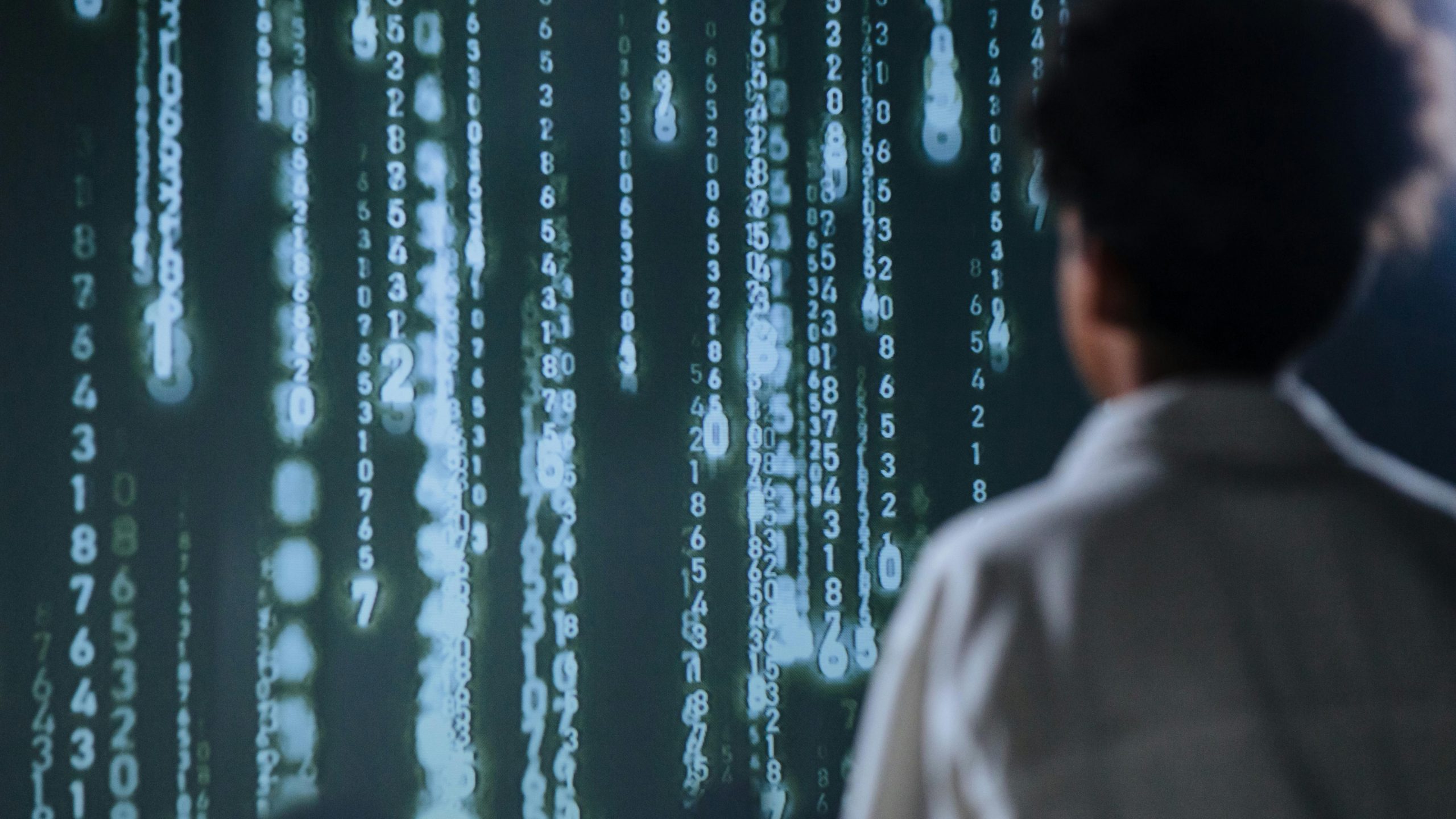Thoughts about AI generated content and it’s future irrelevance
The Future of AI-Generated Content: Trust and Its Implications for Digital Communication
In an era where artificial intelligence increasingly fuels content creation, a pressing question arises: How will we navigate a digital landscape saturated with AI-produced material? Can the trustworthiness of such content truly be assured?
One major concern centers around what can be termed the “believability collapse.” Imagine a domain like job listings, which are predominantly generated by AI. If every listing appears polished and perfectly tailored through automation, how can employers and applicants distinguish genuine opportunities from fabricated or manipulated information? Historically, the value of written content—such as resumes—was significantly derived from the ability to assess a candidate’s communication skills and thought process through their writing. A poorly written resume often revealed more about a candidate than a meticulously crafted one. However, with AI advancements, resume quality may cease to be a reliable indicator, as AI can produce seemingly flawless documents, diminishing their authenticity and usefulness.
This shift extends beyond resumes to all forms of mediated communication—emails, text messages, voice messages, and beyond. As AI tools become capable of generating convincing conversations, the line between genuine human interaction and artificial mimicry blurs. It is conceivable that future online content might be tagged—”human-authored” versus “AI-generated”—or authenticated through biometric verification systems that confirm identities in real-time. Without such safeguards, we risk defaulting to suspicion, assuming all digital exchanges could be artificially fabricated.
The implications are profound. If trust in digital communication erodes, the value of online interactions diminishes, possibly prompting a return to more traditional, face-to-face engagement. Yet, this raises a paradox: why should industries and individuals invest heavily in AI tools if their outputs are perceived as unreliable or inauthentic?
Ultimately, the rapid proliferation of AI-generated content could undermine the very foundations of our digital media ecosystem—text, audio, video, and images—that have been instrumental in connecting us. The “Dark Forest” hypothesis suggests an environment where deception and uncertainty dominate, potentially accelerating societal shifts toward skepticism and withdrawal from online interactions.
As we look ahead, it becomes crucial to consider mechanisms that preserve trust and authenticity in digital spaces. Without such measures, the fabric of our interconnected world risks fraying, perhaps more swiftly and severely than anticipated.














Post Comment